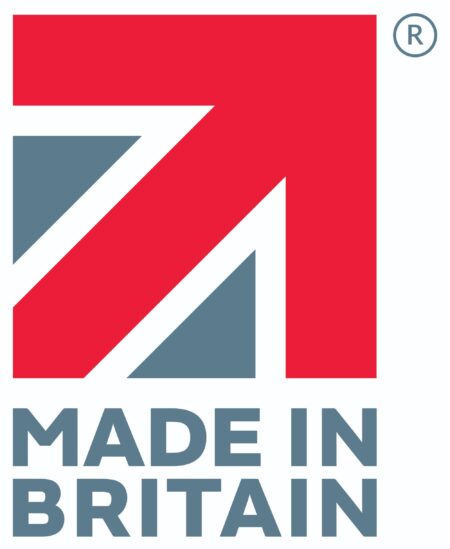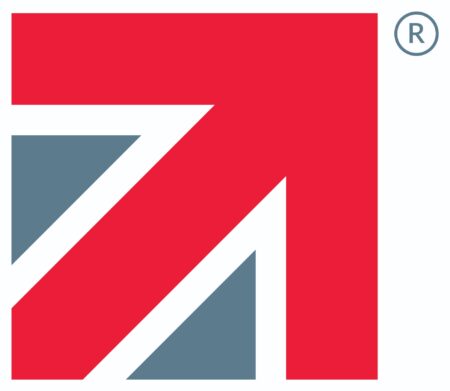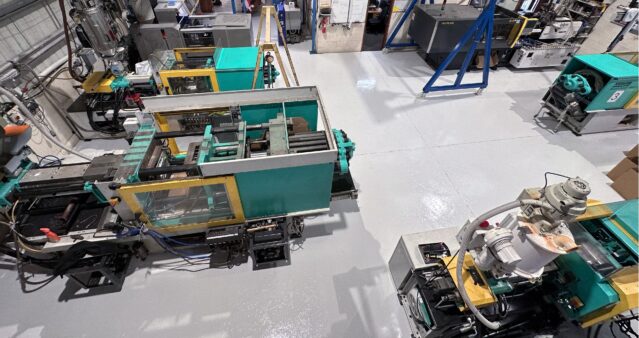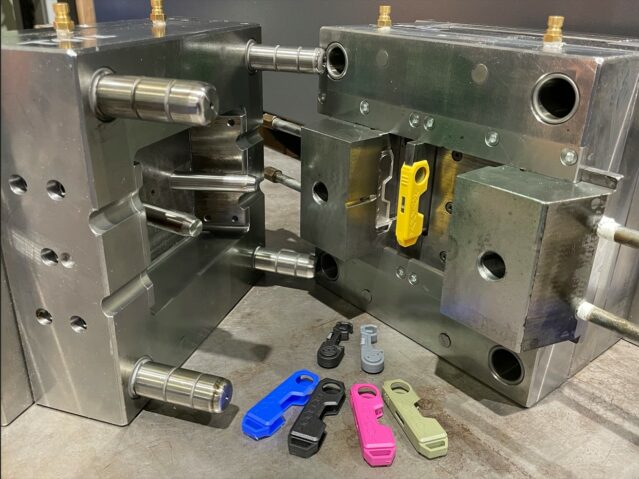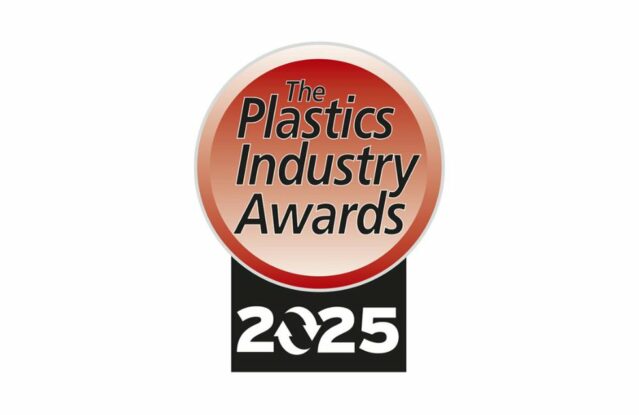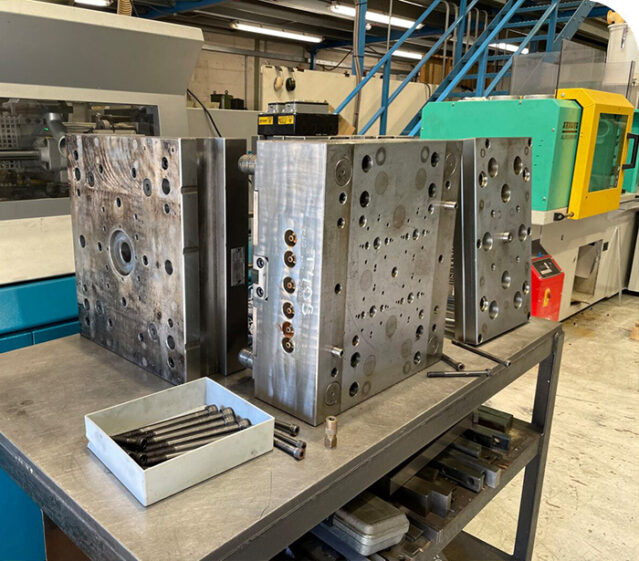28/11/2024
7 things you should look for in your plastic injection moulding company
Are you looking to bring a new product idea to life, or switch manufacturers for an existing product? Whether you’re starting afresh or choosing someone new, it’s always important to choose a trustworthy, reliable supplier to mould your plastic parts. Bowles and Walker have put together some key questions you can ask to decide whether your moulding company is right for the job.
1. How are the injection moulding facilities organised and maintained?
Plastic manufacturer sites can vary greatly, but they can be a strong indicator of how your provider operates and the quality of their services. Ideally, the company you choose to work with should have organised work spaces, controlled operation areas, modern and reliable machinery, and a consistent consideration of health and safety throughout the site. Be aware of any facility that seems messy or cluttered, or poses obvious hazards from unsafe or faulty machinery.
2. How many, and what size moulding machines do they operate?
Typically, the more machines a company has available, the more work capacity they have. With higher capacity, your manufacturer should be able to provide more flexibility and efficiency for the production process.
It might not always be essential to have a large manufacturing company for smaller jobs. However, if you’re looking for a large scale/intricate project (for example, a high volume of parts, multiple different patterns, colours, shapes or other design variations) or a tight production deadline, it’s best to seek out a provider that has the machinery and capacity to facilitate this.
3. Are all stages of the production process handled in-house, or does the company outsource?
When considering a plastic injection moulding company, you can choose between a company that may outsource for product design, tool making and part moulding done separately, or finding a company that consolidates each stage.
Bowles and Walker would recommend finding a provider that offers all of these services in the same place, to save on time and costs. This also provides the opportunity for experienced design, tool making and engineering to collaborate on site for quality results.
In-house production has the potential to improve efficiency, and it’s also much easier to rectify production faults and other issues, as you only need to contact one manufacturer. As a result, you’re more likely to get any issues resolved quickly and efficiently.
4. What accreditations and policies does the company have?
Although not always required, professional certifications, qualifications and industry awards all demonstrate that a company is investing in training, infrastructure and professional assessments to help them reach the best possible standards for their customers. The ISO9001 is a notable certification to look out for. If a company follows an ESG policy, it’s also a good indicator that they prioritise their impact on the environment, their customers, and their quality of service.
5. Is the company experienced with producing parts for your industry?
This may not always be essential for customers with a more generic product in mind, but specialist sectors are likely to benefit from a company with expertise and experience in producing for their industry. For example, the medical sector requires precision moulding and exceptional quality control for their plastic parts. In an ideal scenario, we would advise partnering with a company who understands the challenges of your industry to achieve the best outcome for your business.
6. Can the injection moulder guarantee the product’s suitability, longevity, and quality?
It’s always a good sign when a company is able to guarantee their work. This shows that they are working to high standards and trust in their processes. Injection moulding can be more intricate than you might think, and has a lot of variables. Material grades, order quantities and maintenance levels have a direct impact on your product’s working life.
Therefore, a company that has the knowledge and expertise to advise on your product is always a good sign. They should be upfront if they think any design choices may pose issues, and guarantee a product if the expected conditions are followed. It’s a warning sign if a moulder is unwilling to backup their work, as it may imply the end product is not up to scratch.
7. What are the manufacturer’s lead times for tooling and moulding?
At this stage, you may be close to making a decision on your provider. However, don’t forget to ask the vital question - does the company have the resources to complete your project on schedule? If possible, it’s worth looking for feedback from previous clients to see if they have a good track record for sticking to a timeline. On the same vein, look out for any mention of strong communication, as this is critical for rectifying issues that could arise throughout the production process.
Choose Bowles and Walker for your next project
At Bowles & Walker, we pride ourselves on being able to provide support from design through to production, building great working relationships with our customers. We can advise the best way to create your tooling so that moulding will be as cost effective and efficient as possible.
For more information about our services, please call us on 01953 885294 or email info@bowles-walker.com. We’d be delighted to work with you on your journey to create products, reduce costs and support UK manufacturers.

